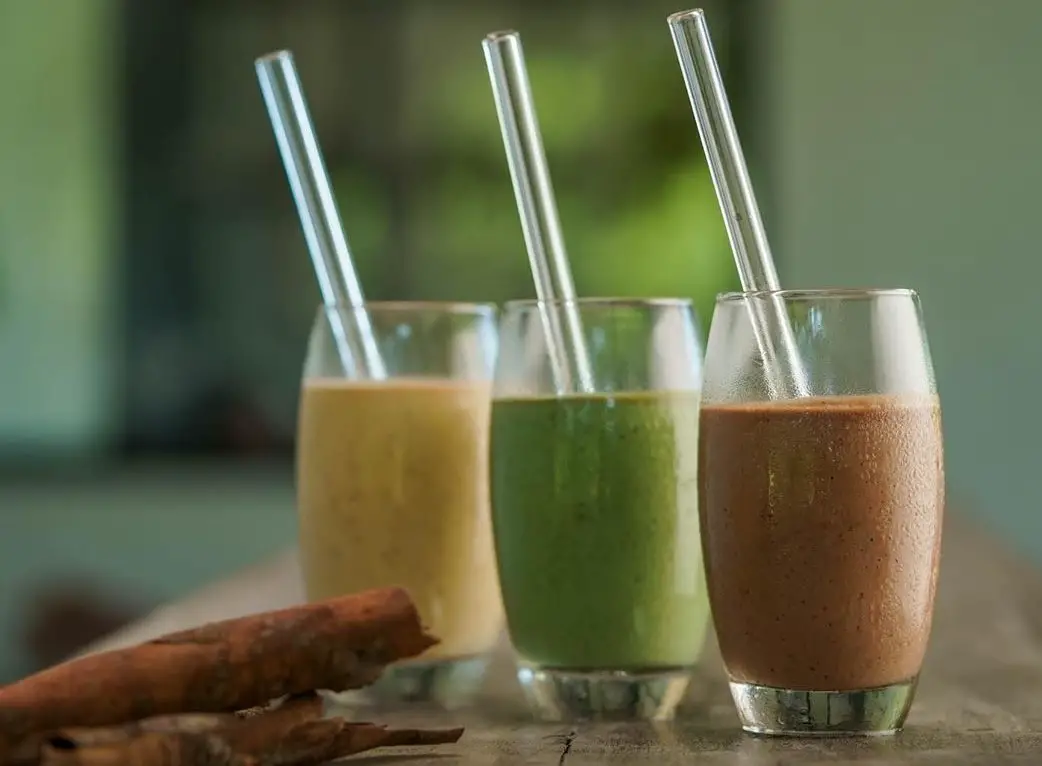When I was 15 years old, I was under the impression everyone in the world should be vegan. As a vegan, I was convinced I had made a lifestyle decision I would follow until the day I died. Five years later, I write this not as a vegan, but as someone who follows a plant-based lifestyle.
So, what’s the difference? A vegan is someone who abstains from eating any animal products (meaning meat, dairy, eggs, honey, etc.), wearing anything that comes from an animal (leather, wool, silk, etc.) or buying anything that tests on animals. Being plant-based is basically just a relaxed version of the former. No meat, very little dairy and a whole lot of fruits and veggies.
And let me be clear: I love being plant-based! I think it is one of the best things a person can do for the planet, the well-being of animals and their own personal health. Being vegan is also beneficial in these areas, but in a way that’s stricter, and oftentimes more toxic.
https://www.instagram.com/p/CB4Mq2mj_c6/
Going Vegan
For me, going vegan when I was so young meant I easily became swept up in the online vegan community that thrived on shaming non-vegans. I thought because chickens had to suffer and die to make chicken nuggets, anyone who ate them must be contributing to their pain. While that may be, on a logical level, correct, as I’ve matured I’ve realized it’s not so simple.
Just as a disclaimer, most of what I am going to be talking about is more diet-based and less lifestyle-based — I don’t think abstaining from leather and fur is particularly hard.
For one thing, going vegan is a massive change from the traditional American diet that includes meat and dairy, and a lot of areas of the U.S. don’t have access to the high-quality plant-based ingredients needed for a well-rounded vegan diet.
Also, a lot of vegan food is expensive. Like, really expensive. For most Americans, a $200 per week grocery budget is just not feasible.
Not to mention, cutting out meat and dairy means people with nut, soy or gluten allergies are basically left with nothing to fulfill their protein needs because the vast majority of meat substitutes include these ingredients.
Switch to Plant-based
Abandoning a title I used to define myself for so long was not something that came easily to me. I struggled mightily during my first year of college over whether or not I could still call myself “vegan” despite making so many mistakes and “caving” by eating terrible things such as Chips Ahoy! or other snacks made with animal products.
Every time I ate something not considered vegan, I was wracked with guilt and felt like a failure. When I turned to my trusty online vegan forums to look for help and support, I was harshly reminded that animals were being tortured all over the world and by not refusing to eat granola bars with honey in them, I was personally contributing to their suffering. It felt like a large cross to bear.
Eventually, after much research into fellow “ex-vegans” who decided to start incorporating animal products into their diet again for health or other reasons, I decided the term “vegan” no longer suited me. Whether I liked admitting it at the time or not, going vegan is not the be-all and end-all of moral clarity.
When I first went off to college I tried very hard to continue adhering to my strict, vegan diet and lifestyle but quickly found that without the safety net of my expensive Whole Foods runs, it was much harder to obtain all of the necessary nutrients and stay full after leaving the dining hall. Plus, without as much free time to spend reading and researching, reminding myself of why I went vegan in the first place, it became more and more of a struggle to continue denying myself foods all of my friends were eating.
I went back and forth for practically my entire freshman year: Sometimes, I would eat homemade cookies my mom’s friend had sent from home; afterward, in a fit of guilt and shame, I would promise myself I would never do such an egregious thing again and would go back to my strict vegan ways in the morning.
But feeling guilty for eating cookies isn’t normal or healthy, no matter the reasoning for the guilt.
Research and Making Personal Choices
I want to be clear that I don’t think all vegans behave in this manner. The vast majority of vegans I have come in contact with in the real world are kind, understanding people who would never shame someone for their choices. The problem for me was getting swept up in the online vegan community that prided itself on perpetuating behaviors that blamed people who weren’t strictly vegan for a host of environmental and ethical issues.
Does eating animals and animal products contribute to a lot of environmental and ethical problems? Yes. Does this mean any human who chooses not to go vegan due to dietary concerns, lack of access to nutritious vegan food, or any other perfectly viable reason is immoral? No.
I continue to eat plant-based because it makes me feel good and I believe it has a positive impact on the planet. I know everything I just said might have scared you away from the vegan lifestyle completely, but please don’t let one person’s experience discourage you from doing your own research and reaching out to real-life vegans for advice on how to properly incorporate vegan foods and habits into your daily life.
https://www.instagram.com/p/Buoo5B8FEUV/
Some of my favorite vegan chefs, activists and influencers include Tabitha Brown (@iamtabithabrown), Lauren Toyota (@laurentoyota), Jenna Marbles (@jennamarbles) and Jaclyn Forbes (@jaclynforbes). All of these women promote healthy vegan diets and are kind, practical and understanding toward every lifestyle, even if it differs from their own.
Whether you’re vegan, plant-based or just working on eating less processed and factory-farmed meat, every little change helps. For me, the most important thing to keep in mind is that everyone is on their own journey and judging someone for not making the same choices as you is never as productive as you might think it is.
















